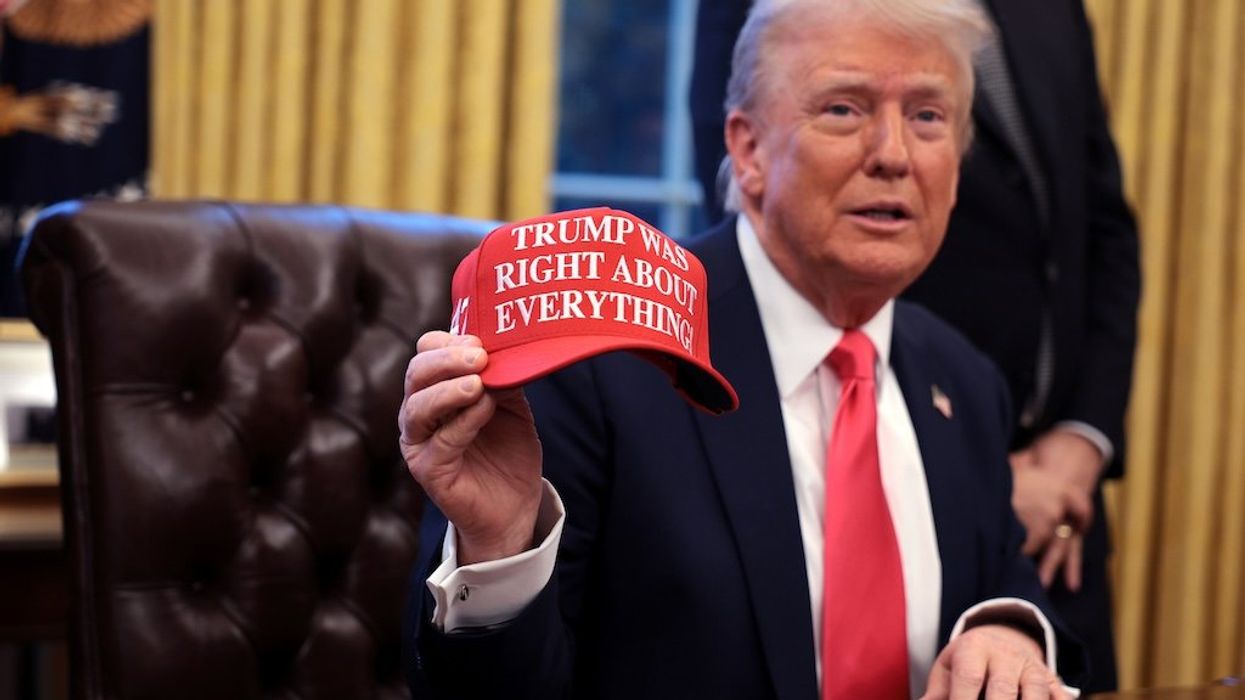The United Nations is warning that Ebola-ravaged nations in West Africa are facing severe health risks not just due to the virus that has killed thousands, but because of a shortage in health staffers that could put women at risk during childbirth.
Dr. Babatunde Osotimehin, director of the U.N. Population Fund, said women in Guinea, Liberia and Sierra Leone are usually the primary caregivers to the thousands of people with Ebola, and even for burying Ebola victims. That puts them at high risk of contracting the virus, and many of them have perished.
 An ambulance team prepares to disrobe their protective equipment after picking up people suspected of being infected with Ebola on October 14, 2014 in Monrovia, Liberia. The United Nations says Ebola has depleted health care staffers, which could lead to new health risks for pregnant mothers. The Washington Post/The Washington Post/Getty Images
An ambulance team prepares to disrobe their protective equipment after picking up people suspected of being infected with Ebola on October 14, 2014 in Monrovia, Liberia. The United Nations says Ebola has depleted health care staffers, which could lead to new health risks for pregnant mothers. The Washington Post/The Washington Post/Getty Images
That raises real questions about the ability of the depleted health care system to tend to the hundreds of thousands of women who are expected to deliver children over the next year.
"In the three most affected countries, UNFPA, the United Nations Population Fund, estimates that there are more than 800,000 women who will give birth during the next 12 months," he said. "Yet during their time of need, they face profound fear and a severe shortage of health services and health professionals."
Osotimehin said his group estimates that 120,000 of these women could face complications, "and could die if the required-life-saving emergency obstetric care is not provided."
Osotimehin used his warning to again call on member countries to contribute to the U.N. effort to fight Ebola. But more than five weeks after the U.N. put out a call for $988 million, it has collected just half of that amount, $491 million.
As of Monday, another $279 million had been pledged, which would put the total at $770 if that pledged money were collected. The U.N., however, doesn't consider pledged money to be available until it's actually paid.
Another $8.8 million has been made available under a separate fund to which countries can donate. Most of that has come from Australia.

 An ambulance team prepares to disrobe their protective equipment after picking up people suspected of being infected with Ebola on October 14, 2014 in Monrovia, Liberia. The United Nations says Ebola has depleted health care staffers, which could lead to new health risks for pregnant mothers. The Washington Post/The Washington Post/Getty Images
An ambulance team prepares to disrobe their protective equipment after picking up people suspected of being infected with Ebola on October 14, 2014 in Monrovia, Liberia. The United Nations says Ebola has depleted health care staffers, which could lead to new health risks for pregnant mothers. The Washington Post/The Washington Post/Getty Images


